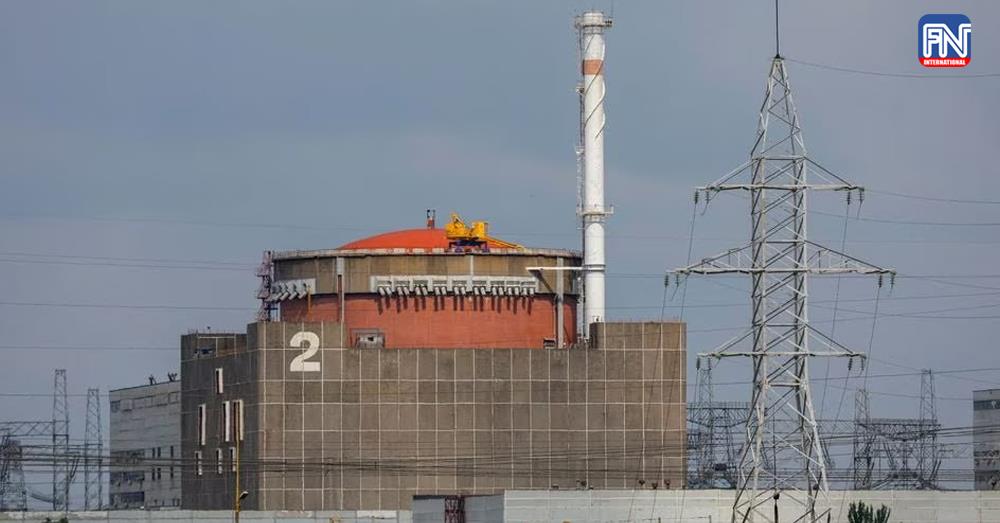VIENNA, July 5 (Reuters) - Experts from the U.N. nuclear watchdog based at the Russian-held Zaporizhzhia nuclear power plant in Ukraine have yet to observe any indications of mines or explosives at the plant, but they need more access to be sure, the agency said on Wednesday.
Russia and Ukraine on Tuesday accused each other of plotting to stage an attack on Europe's biggest nuclear power plant, where the International Atomic Energy Agency has repeatedly warned of potential catastrophe from nearby military clashes.
The two countries have blamed each other for shelling that has repeatedly downed power lines essential to cooling the plant's six reactors and avoiding a nuclear meltdown.
IAEA experts "have in recent days and weeks inspected parts of the facility - including some sections of the perimeter of the large cooling pond - and have also conducted regular walkdowns across the site, so far without observing any visible indications of mines or explosives," an IAEA statement said.
"The IAEA experts have requested additional access that is necessary to confirm the absence of mines or explosives. In particular, access to the rooftops of reactor units 3 and 4 is essential, as well as access to parts of the turbine halls and some parts of the cooling system at the plant."
A statement issued by the Ukrainian armed forces on Tuesday quoted "operational data" as saying that "explosive devices" had been placed on the roofs of those two reactor units.
The British Ministry of Defence said in April that satellite footage from March showed Russia had set up "sandbag fighting positions on the roofs of several of the six reactor buildings" at the plant.
It was not clear from the IAEA statement why the agency wanted access to those two reactor units' rooftops.
The IAEA said it was aware of reports that mines and other explosives have been placed in and around the plant.
"With military tension and activities increasing in the region where this major nuclear power plant is located, our experts must be able to verify the facts on the ground," the IAEA statement said.
"Their independent and objective reporting would help clarify the current situation at the site, which is crucial at a time like this with unconfirmed allegations."
